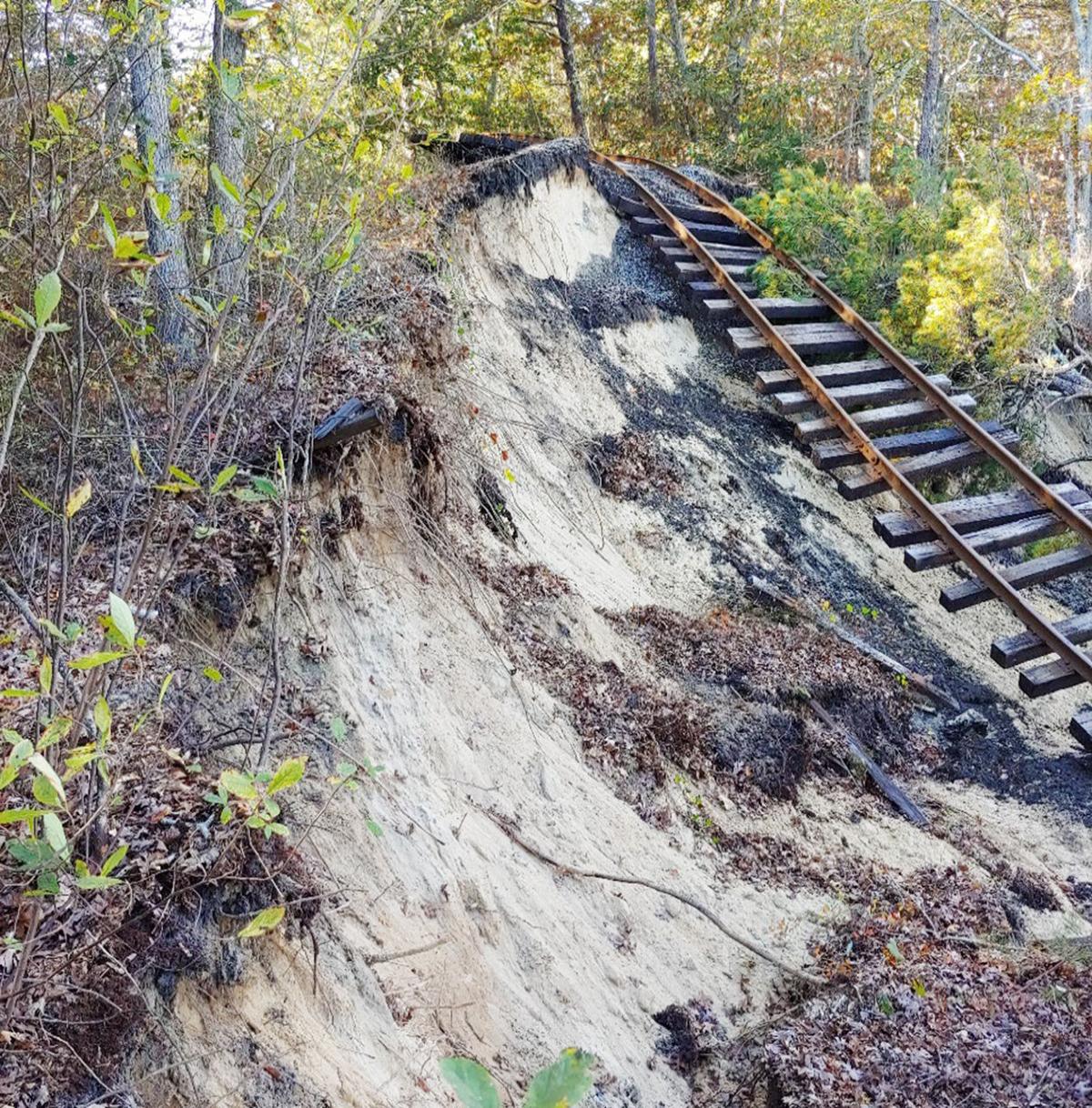That's really bad news for Boston if that ends up being true.
Pretty much just bad news for bullish office developers and public agencies..
In a balanced system post-COVID, a few remote days and a few in-person days, some half-days, some people working 5 days in the office, some people working 5 days from home (based on their industry), leads to a much more efficient transportation system, all around. People will (broadly) be going where/when they need to be, not following a 9-5 like everyone else. The T won't be strangled at rush hours, and might be able to handle the smaller rushes that it gets hit with, and same goes for the grid and highway systems.
Office developers are going to take a hit. What can't take a hit is the MBTA and municipal agencies. They're even more valuable post-COVID. I'm optimistic a good percentage of riders will return, and in the very long term, CR or rides from Alewife, Oak Grove, etc. may increase a bit. All the more reason, as outlined above, for RUR, etc.
I do wonder how this impacts the overall housing market going forward. Before, there was incentive for everyone to be as close to work as possible. Now, it will be considered more of a luxury, if you really only have to be in the city 2-3 days of the week. Older and wealthier couples may want to also be closer to the healthcare and entertainment offered downtown. New units built from now on are probably going to take this into consideration, designing larger units for WFH mentalities and more outdoor space, and simultaneously bumping up the prices. (On a humorous note, I saw a tweet yesterday about a NYC unit touting an "Office/Zoom Room.") On the more affordable end, the shear size/area of the housing stock may expand if people begin to take into account a longer commute being worth the extra space/affordability if they only have to commute a few days or during non-rush hours.
I also wonder how WFH is going to pan out in 2-5-10 years. They're great now, as you may have known everyone on your team and in your office, but with new hires, departures, shuffled teams, etc., you may lose the teamwork/company sense you still have now, just 7 months after going remote and in a generally lower-than-normal-hiring/shuffling rate.


